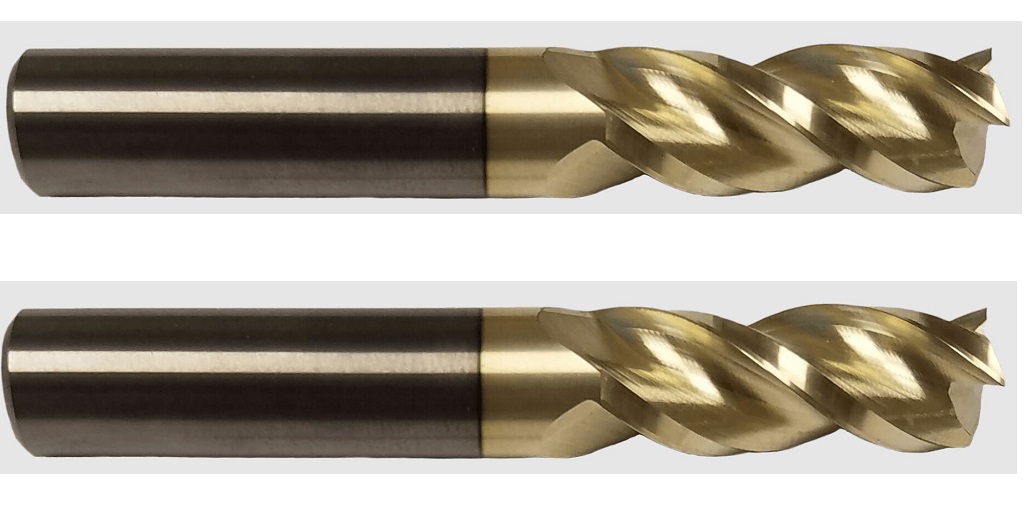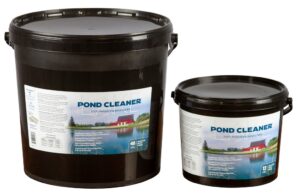
Aluminum alloys, unlike most other metallic alloys found in production environments, are incredibly light while still being extremely strong. As a result, aluminum is a very common building material for a variety of items. In CNC milling applications, unique material-specific cutting tools should be utilized when machining aluminum. Finding the correct end mills for aluminum can help you speed up production without jeopardizing tool life or hurting your workpiece.
Because aluminum parts are so popular, machining companies must be able to mill aluminum rapidly and efficiently. Having the correct aluminum end mills can mean the difference between fulfilling your production targets and having to cope with mechanical issues. Today, we’ll look at some of the distinctive characteristics of aluminum as a material, as well as the milling cutters that are used to manufacture it.
So, what distinguishes aluminum from other metals? Aluminum is a powerful metal, yet it is also somewhat soft. This makes it slightly easier to machine, but the softness has a downside. Aluminum can be cut with less effort than harder materials like steel, but the material’s flexibility means that cuts often result in long, unbroken chips rather than the microscopic chips that harder materials create.
Special end mills for aluminum are required to deal with the production of aluminum chips when cutting. The best aluminum end mills will have a wide flute spacing to allow for simple chip evacuation. End mills with two or three flutes are the most frequent, as they allow enough room to shatter and discharge chips. To help provide more upward momentum to the chips as they are exiting the toolpath, the helix angles of the flutes are also typically larger than on your standard end mill. When it comes to machining aluminum, end mills with a helix of 35° to 45° are usually the best option.
In addition to choosing a well constructed end mill, you will also want an end mill with a gold colored covering. This coating is known as Zirconium nitride, or ZrN. This is a golden substance that helps to reduce friction on the end mill’s cutting surfaces. Because aluminum is so malleable, it can easily attach to the surface of your cutter, especially when subjected to the high temperatures caused by milling. ZrN is a strong ceramic that is coated onto the surface of cutting tools in order to protect the cutting blades and make it harder for chips to attach to your cutter.
There are numerous reliable producers online if you are looking for high-performance end mills for aluminum. Online Carbide is a US based tool manufacturer specializing in high quality cutting tools. They offer a range of aluminum cutters with three flutes, a 37° helix angle, and a golden colored ZrN finish in their online store. This coating reduces tool friction, making it more difficult for chips to stick to the tool’s body. www.onlinecarbide.com has a complete listing of their cutting instruments. If you have any further questions, you can contact a member of their team by emailing sales@onlinecarbide.com.


